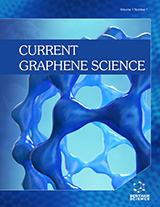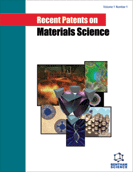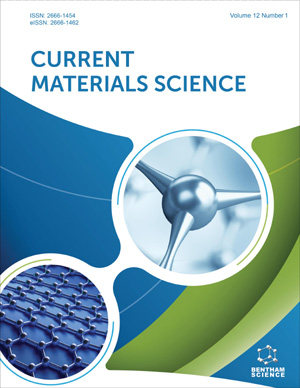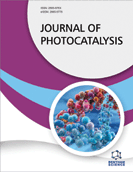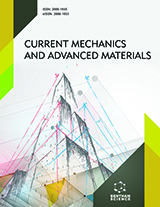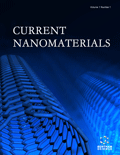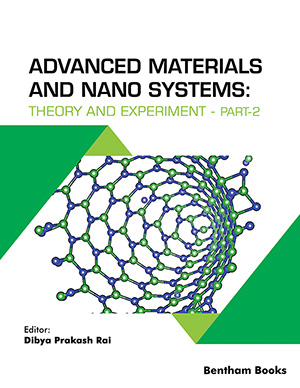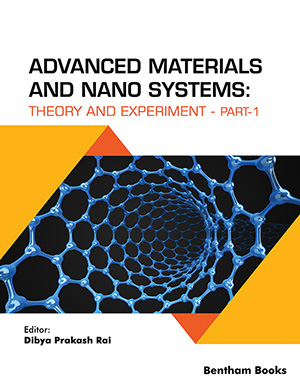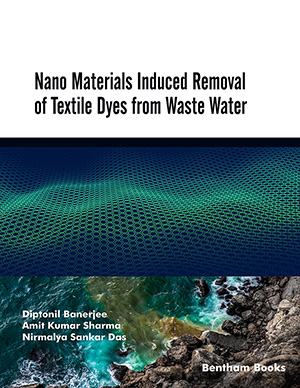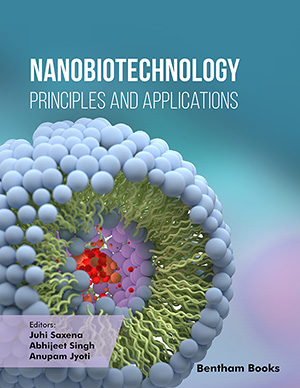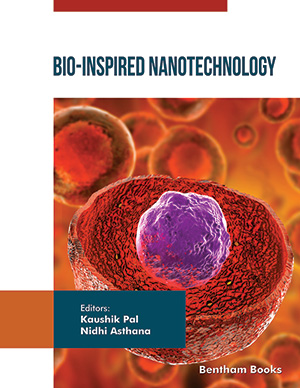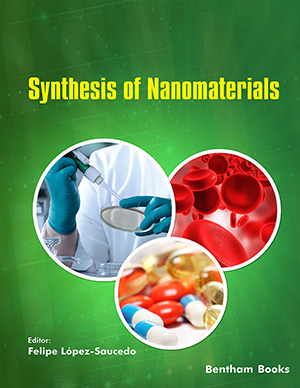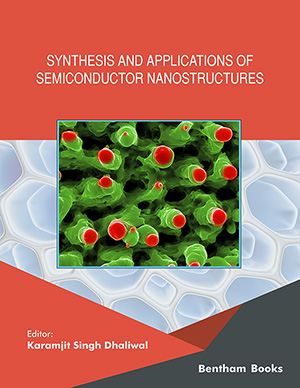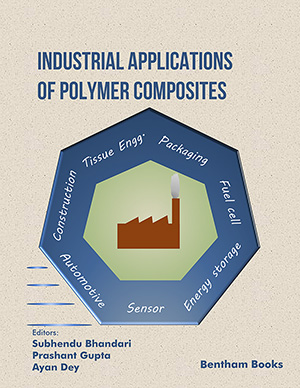Abstract
Hydrogen seems to be the fuel of the future since it is clean-burning and its only by-product is water. Currently, around 95% of the hydrogen global production is accomplished by non-renewable energy sources, 4% is obtained from water and only 1% from biomass. Hydrogen production from renewable energy sources such as biomass represents an important challenge for the future. Nowadays, steam reforming is the cheapest way to produce hydrogen. This chapter summarizes data regarding hydrogen production by steam reforming of biomass renewable sources and biomass tar, emphasizing the catalysts development for this process. The development of high active catalysts with good stability and selectivity continues to be a challenge. For this purpose, the reactivity of different catalytic systems as well as their advantages and disadvantages will be discussed.
Keywords: Biomass, Biogas, Bio-oil, Hydrogen, Mixed Oxides, Molybdena, Nickel, Noble Metals, Steam Reforming, Vanadia.



